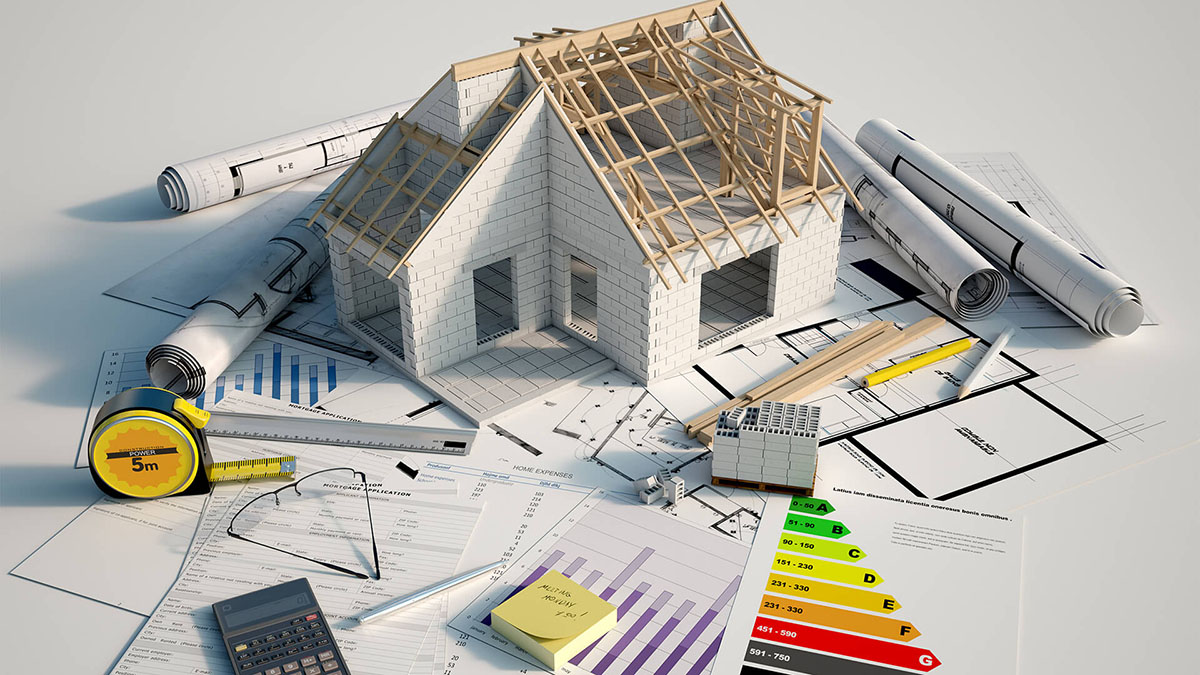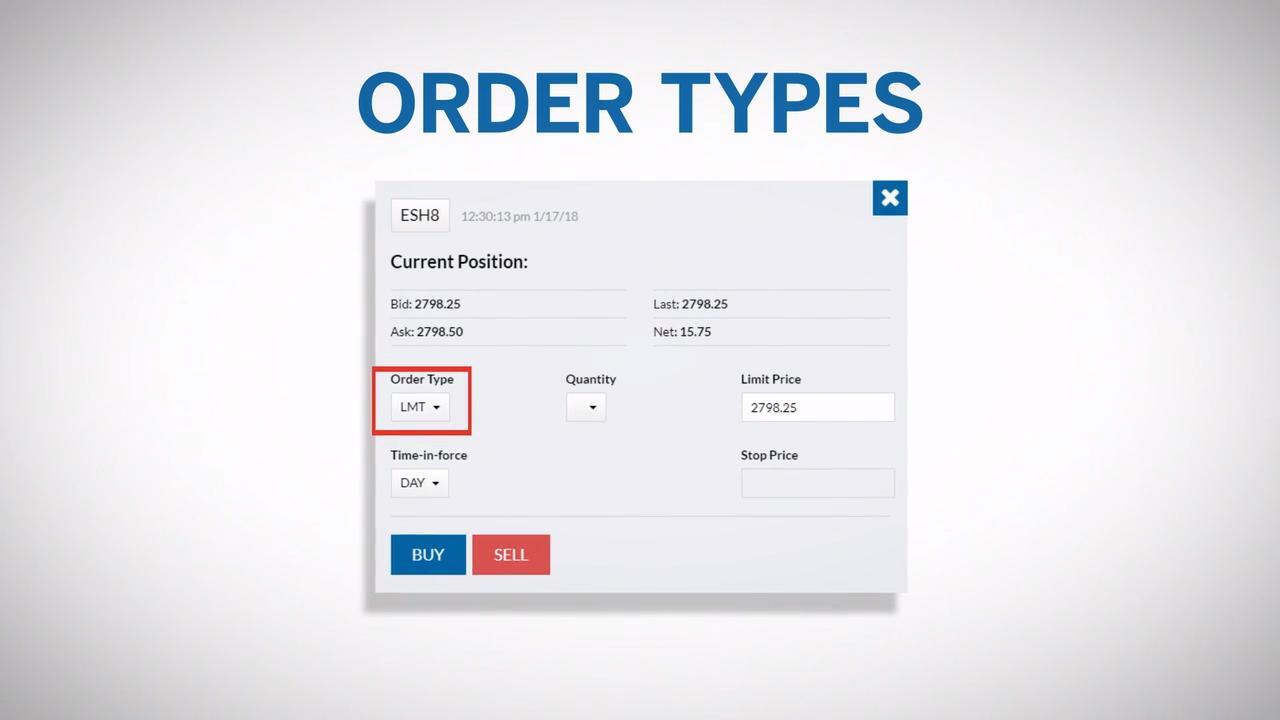

Finance
What Are Construction Loan Interest Rates?
Published: February 16, 2024
Learn about construction loan interest rates and how they can impact your finances. Discover important insights and tips on managing finance for construction projects.
(Many of the links in this article redirect to a specific reviewed product. Your purchase of these products through affiliate links helps to generate commission for LiveWell, at no extra cost. Learn more)
Table of Contents
**
Introduction
**
Are you considering building your dream home or embarking on a major renovation project? If so, you'll likely need a construction loan to finance the endeavor. Understanding construction loan interest rates is crucial as they can significantly impact the overall cost of your project. In this comprehensive guide, we'll delve into the intricacies of construction loan interest rates, explore the factors that influence them, discuss the various types available, and provide valuable insights on securing the best rates for your construction loan.
Construction loan interest rates play a pivotal role in the financial aspects of your construction project. They determine the amount of interest you'll pay over the life of the loan, subsequently affecting your overall project expenses. Whether you're a seasoned real estate developer or a first-time home builder, comprehending construction loan interest rates is essential for making informed financial decisions and optimizing your construction budget.
Throughout this guide, we'll navigate the complexities of construction loan interest rates, shedding light on the key considerations that can impact the rates you're offered. By the end of this journey, you'll be equipped with the knowledge and strategies necessary to secure favorable construction loan interest rates, empowering you to embark on your construction project with confidence and financial prudence.
Understanding Construction Loan Interest Rates
Construction loan interest rates differ from traditional mortgage rates due to the unique nature of construction loans. Unlike a standard mortgage, which is disbursed in a lump sum, a construction loan is typically distributed in stages as the project progresses. As a result, the interest rates for construction loans are often higher and may fluctuate throughout the construction period.
During the construction phase, borrowers usually make interest-only payments based on the outstanding balance of the loan. This means that as the project progresses and more funds are drawn, the interest payments increase accordingly. Once the construction is complete, the loan may be converted into a traditional mortgage, potentially at a lower interest rate.
Understanding the nuances of construction loan interest rates involves grasping the concept of risk for the lender. Lenders perceive construction loans as riskier than standard mortgages due to the uncertainty associated with construction projects, such as potential cost overruns, delays, and changes in market conditions. Consequently, the interest rates for construction loans are often higher to compensate for this increased risk.
It’s important to note that construction loan interest rates can be fixed or variable. Fixed rates remain constant throughout the loan term, providing predictability and stability for borrowers. On the other hand, variable rates are tied to a financial index and can fluctuate based on market conditions, potentially leading to changes in the monthly payments.
By comprehending the distinct characteristics of construction loan interest rates, borrowers can make informed decisions and effectively manage the financial aspects of their construction projects. With this understanding, you’ll be better equipped to navigate the intricacies of construction loan financing and optimize the financial outcomes of your construction endeavor.
Factors Affecting Construction Loan Interest Rates
Several key factors influence construction loan interest rates, shaping the terms and conditions offered by lenders. Understanding these determinants is essential for borrowers seeking favorable financing options for their construction projects.
- Creditworthiness: Your credit score and financial history significantly impact the interest rates you’re offered. A strong credit profile and a history of responsible financial management can lead to more competitive interest rates.
- Loan Size and Down Payment: The size of the construction loan and the initial down payment can influence the interest rates. Lenders may offer more favorable rates for larger loans and substantial down payments, reflecting lower perceived risk.
- Project Scope and Timeline: The complexity and duration of the construction project can impact the interest rates. Lenders assess the feasibility and risk associated with the project, adjusting the rates accordingly.
- Lender’s Policies and Market Conditions: Lenders’ internal policies and prevailing market conditions play a significant role in determining construction loan interest rates. Economic factors, including inflation and monetary policy, can also influence rates.
- Builder and Contractor Experience: The experience and track record of the builders and contractors involved in the project can affect the perceived risk and, subsequently, the interest rates offered by lenders.
By considering these factors, borrowers can proactively address key aspects that impact construction loan interest rates. Engaging in strategic financial planning, demonstrating creditworthiness, and presenting a well-defined project plan can enhance the likelihood of securing favorable interest rates for your construction loan.
Types of Construction Loan Interest Rates
When obtaining a construction loan, borrowers can encounter different types of interest rates, each with its unique characteristics and implications. Understanding these variations is crucial for making informed decisions and selecting the most suitable financing option for your construction project.
- Fixed Interest Rates: With a fixed interest rate, the borrower pays a consistent interest percentage throughout the loan term. This provides predictability and stability, allowing borrowers to accurately budget for their construction expenses. Fixed rates are ideal for borrowers seeking financial certainty and protection against potential interest rate fluctuations.
- Variable Interest Rates: Also known as adjustable or floating rates, variable interest rates are tied to a financial index, such as the prime rate or LIBOR. As the index fluctuates, the interest rate on the loan adjusts accordingly. While variable rates can initially offer lower interest payments, they introduce the potential for increased payments if the index rises. Borrowers considering variable rates should carefully evaluate their risk tolerance and financial flexibility.
- Interest-Only Payments: Some construction loans feature interest-only payments during the construction phase. This means that borrowers pay only the accrued interest on the outstanding loan balance, deferring principal payments until the construction is complete. Interest-only payments can provide financial relief during the construction period, allowing borrowers to allocate funds towards other project expenses.
By familiarizing yourself with the various types of construction loan interest rates, you can align your financing preferences with the specific needs and dynamics of your construction project. Whether prioritizing stability through fixed rates or leveraging the potential advantages of variable rates, understanding these options empowers you to make informed decisions that align with your financial objectives.
How to Get the Best Construction Loan Interest Rates
Securing the best construction loan interest rates involves strategic planning, diligent preparation, and a comprehensive understanding of the factors that influence lending decisions. By implementing the following strategies, borrowers can enhance their prospects of obtaining favorable interest rates for their construction projects:
- Strengthen Your Credit Profile: Prior to applying for a construction loan, focus on improving your credit score and addressing any outstanding credit issues. A strong credit profile can position you for more competitive interest rates and favorable loan terms.
- Prepare a Detailed Project Plan: Present a comprehensive and well-defined construction plan to lenders, outlining the scope of the project, timeline, budget, and key stakeholders. A meticulously prepared project plan demonstrates your commitment to the project’s success and can instill confidence in lenders, potentially leading to better interest rates.
- Shop Around and Compare Offers: Explore multiple lending institutions and obtain quotes from various lenders. Comparing offers allows you to assess different interest rates, terms, and fees, empowering you to make an informed decision and potentially negotiate more favorable terms.
- Provide a Substantial Down Payment: Offering a substantial down payment can mitigate perceived risk for lenders and may result in more favorable interest rates. By demonstrating a significant financial stake in the project, you can enhance your negotiating position and potentially secure better loan terms.
- Engage Experienced Professionals: Collaborate with reputable builders, contractors, and architects with proven track records. The expertise and credibility of the professionals involved in your project can positively influence lenders’ perceptions and contribute to more favorable interest rates.
- Consider Interest Rate Locks: When presented with favorable interest rates, consider locking in the rate to protect against potential increases. Interest rate locks provide a safeguard against market fluctuations, offering peace of mind and financial certainty during the construction process.
By implementing these proactive strategies, borrowers can position themselves for the best possible construction loan interest rates, optimizing the financial aspects of their construction projects and laying the foundation for a successful and cost-effective endeavor.
Conclusion
Understanding construction loan interest rates is paramount for anyone embarking on a construction project, whether it involves building a new home, renovating an existing property, or undertaking a commercial development. The intricacies of construction loan interest rates, including the factors that influence them and the types available, have a profound impact on the overall cost and financial viability of the project.
Throughout this guide, we’ve explored the nuances of construction loan interest rates, shedding light on the key considerations that borrowers need to address to secure favorable financing options. By comprehending the factors that affect interest rates, such as creditworthiness, project scope, and market conditions, borrowers can proactively position themselves for better loan terms and interest rates.
Furthermore, the exploration of different types of construction loan interest rates, including fixed and variable rates, has provided valuable insights into the diverse options available to borrowers. Armed with this knowledge, individuals and businesses can align their financing preferences with their specific needs, risk tolerance, and long-term financial objectives.
Ultimately, the quest for the best construction loan interest rates necessitates strategic planning, meticulous preparation, and a proactive approach to engaging with lenders. By strengthening credit profiles, presenting detailed project plans, and leveraging the expertise of industry professionals, borrowers can enhance their prospects of securing favorable interest rates and optimizing the financial outcomes of their construction projects.
As you embark on your construction journey, may this guide serve as a valuable resource, empowering you to navigate the complexities of construction loan interest rates with confidence and financial prudence. By leveraging the insights and strategies presented herein, you can embark on your construction project equipped with the knowledge and tools necessary to make informed financial decisions and achieve your construction goals.














